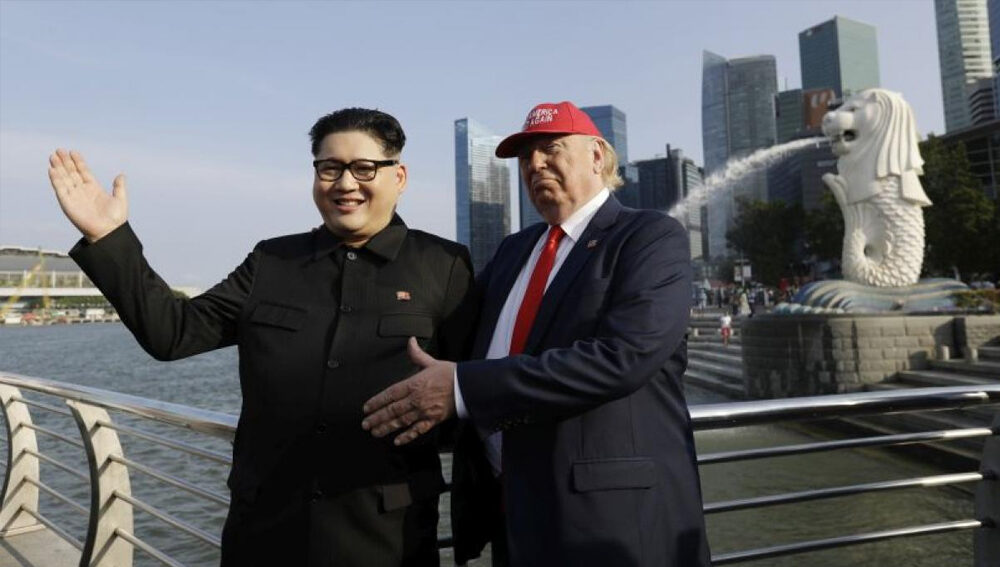Seasoned analysts of the Korean Peninsula are sceptical about claims of breakthroughs in this part of the world. Despite three inter-Korean summits, several arms control agreements, and countless attempts to engage Pyongyang in structured dialogue, the strike radius of North Korea’s weapons of mass destruction continues to steadily expand.
To be sure, the Trump-Kim summit in Singapore represents a significant milestone in the relationship between Washington and Pyongyang. The summit has the potential to redefine security on the Korean peninsula by laying the groundwork for a formal peace treaty to replace the 1953 UN armistice agreement. This would be something truly special for ordinary Koreans who have lived for nearly 70 years with the threat of a second Korean War.
Equally, however, the summit might be the first step down a road to nowhere. From the White House’s perspective, the purpose of the summit is to create a platform for Donald Trump to claim a major diplomatic victory with an eye to November’s mid-term Congressional elections while forging a legacy as the US President who managed to achieve something beyond his predecessors: dealing directly with North Korea’s leadership.
Please click here to read the full “Asian allies must hope Trump doesn’t sell them out in Korea peace talks” in the Financial Times, written by Griffith Asia Institute member, Professor Andrew O’Neil.








